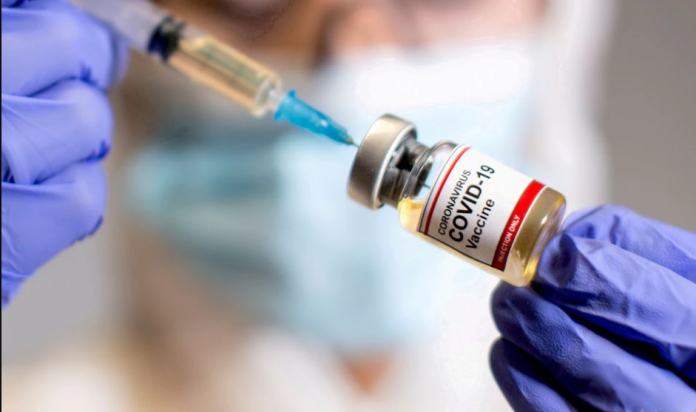
By CGTN Africa

A major British study into mixing COVID-19 vaccines has found that people had a better immune response when they received the first dose of AstraZeneca or Pfizer-BioNTech shots followed by Moderna nine weeks later, according to results released on December 6.
“We found a really good immune response across the board…, in fact, higher than the threshold set by Oxford-AstraZeneca vaccine two doses,” Dr. Matthew Snape, the Oxford professor behind the trial dubbed Com-CoV2, told Reuters.
The findings supporting flexible dosing will offer some hope to poor and middle-income countries which may need to combine different brands between first and second shots if supplies run low or become unstable.
“I think the data from this study will be especially interesting and valuable to low- and middle-income countries where they’re still rolling out the first two doses of vaccines,” Dr. Snape said.
“We’re showing… you don’t have to stick rigidly to receiving the same vaccine for a second dose… and that if the program will be delivered more quickly by using multiple vaccines, then it is okay to do so.”
If the AstraZeneca-Oxford vaccine is followed by a Moderna or Novavax shot, higher antibodies and T-cell responses were induced versus two doses of AstraZeneca-Oxford, according to researchers at the University of Oxford.
The study of 1,070 volunteers also found that a dose of the Pfizer-BioNTech vaccine followed by a Moderna shot was better than two doses of the standard Pfizer-BioNTech course.
Pfizer-BioNTech followed by Novavax induced higher antibodies than the two-dose Oxford-AstraZeneca schedule, although this schedule induced lower antibody and T-cell responses than the two-dose Pfizer-BioNTech schedule.
No safety concerns were raised, according to the Oxford University study published in the Lancet medical journal.
Many countries have been deploying a mix and match well before robust data was available as nations were faced with soaring infection numbers, low supplies, and slow immunization over some safety concerns.